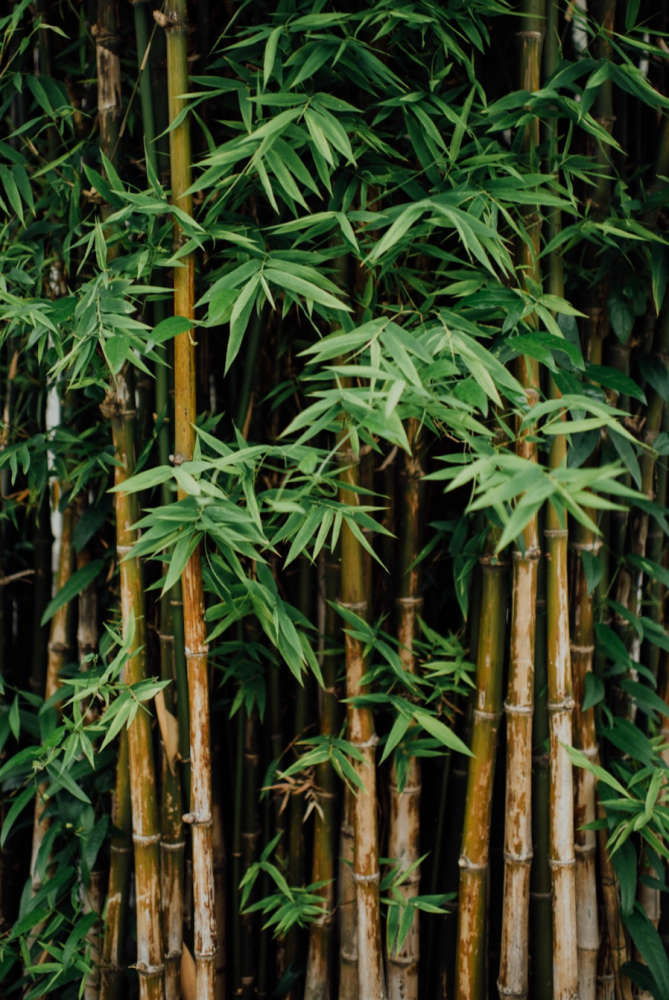
Single-use plastic is a significant contributor to the climate crisis as it clogs up our waterways and landfills, while evidence of microplastics has been discovered at the top of the highest mountains and at the deepest depths of our oceans.
[Image source: Photo by CHUTTERSNAP on Unsplash]
But with such a reliance on this man-made material, it’s important to find an alternative before the planet is beyond saving. That’s where one of the fastest-growing natural materials in the world comes to the fore; bamboo. It’s hugely versatile and can be used to make hard, long-lasting everyday products, making it a practically miracle material.
So, why exactly is bamboo so eco-friendly? Let’s find out.
A circular economy material
Many individuals and companies aiming for sustainability are adopting a circular economy approach in their operations and lifestyles. The circular economy is an idea of reducing, reusing, recycling and repurposing as many materials and products as possible in our lives, to avoid them ending up in and clogging up landfill.
For a circular economy, three main principles should be followed:
- Remove waste and pollution in the design stage
- Ensure that products and materials are kept in use
- Regenerate natural systems
Bamboo can be considered a circular material because it is low waste and recyclable, meeting one of the core requirements of the philosophy. Many companies are now adopting a circular economy approach to their supply chain, design and product manufacturing processes for the greater good of the planet.
For example, MPB, an online used camera marketplace, has a circular approach at its core: buying, selling and trading used equipment. But the company’s Head of Sustainability, Rachel Thompson, explains more, “Our packaging is plastic free and very simple to reuse or recycle; and we send zero in-bound waste to landfill.
Adding, “Our tech platform is cloud-based and runs on 100% renewable electricity. We work with courier partners that are investing heavily in electric vehicles and sustainable biofuels”.
How is bamboo sustainable?
Perhaps the main reason why bamboo is considered such a sustainable material is because it’s a rapidly-growing plant, making it highly renewable. Not only does bamboo grow quickly but it’s also not an intensive endeavour, with farmers avoiding spending too much time and resources as it practically looks after itself.
Furthermore, once harvested, bamboo rapidly regenerates and is capable of growing in a variety of climates and soil types. In the perfect conditions bamboo can reach its full height in a single season, regenerating to the same size in months after harvesting.
Compared to timber forests, bamboo harvesting can be done in 12 months rather than the years or decades that other wood types can take to fully mature. Furthermore, there is no need to introduce harmful pesticides and chemicals when harvesting bamboo, ensuring a completely natural cultivation process.
[Image source: Photo by Maksim Shutov on Unsplash]
Ways to use more bamboo
Bamboo has earned the nickname of ‘green steel’ among those who use it thanks to its impressive strength, with many claiming it to be stronger than timber or steel. That strength and durability, combined with its lightness, makes it a great construction material, used in building frame structures, bridges and even as scaffolding.
Because it is so hard wearing, bamboo is also a prime material for use in flooring and furniture as well as cabinets and even kitchen utensils. Of course, bamboo is essentially a plant and as such it is a food source for many animals and even humans.
But besides nourishment, we can also use bamboo fibres to create fibres similar to those used in clothing or textiles. By ensuring there is little to no waste throughout the process, we can even use bamboo pulp to create toilet paper.
Examples of bamboo being used effectively
As we have mentioned, bamboo is a versatile material that can be used for a wide range of products. Here are some examples of the best that bamboo products have to offer.
Kids’ products
Thanks to its non-toxic nature, bamboo makes for an excellent material in the construction of products for kids. From toys to plates and cutlery, there are no harmful additives in bamboo products, making them safe for your young children to eat with or put in their mouths (with supervision of course).
Flooring
Because it is so hard wearing, bamboo is an ideal material for flooring as it can withstand high impact and also stand the test of time with foot traffic. Its strength also lends it well to other durable products such as skateboards, mobile phone cases, work tops and reusable drinks containers such as flasks and cups.
Clothes and textiles
A mechanical process uses a natural enzyme to treat crushed bamboo wood fibres. These treated fibres are then washed and spun into yarn to produce high-quality bamboo fabric.This fabric is sometimes known as bamboo linen, which does not negatively impact the environment, and is both durable and long-lasting.
Reducing our carbon footprints
Buying and using bamboo products as well as choosing it as a material for making items from furniture and flooring to clothing allows us to reduce our carbon footprints. If grown under the right conditions, bamboo can be a highly sustainable material but it’s important to remember that this is a plant that commonly supports an ecosystem.
We must ensure that it is used in a way that doesn’t impact the other plants and wildlife that rely on it for nourishment and shelter. But, the great thing about bamboo is that when it is harvested, the roots and soil layers are left intact, reducing the risk of soil erosion and leaving subterranean ecosystems undisturbed.
As the appetite for bamboo grows, it’s essential that it is farmed in a responsible way and that those who use it to manufacture goods do so using low-carbon methods.
Ultimately, bamboo is a highly sustainable material, as it needs no irrigation or pesticides. It stores carbon dioxide and produces 35% more oxygen than the same area of trees. It is a truly renewable resource, and its uses are endless, helping us fight climate change by reducing our reliance on plastics and throwaway, single-use items.

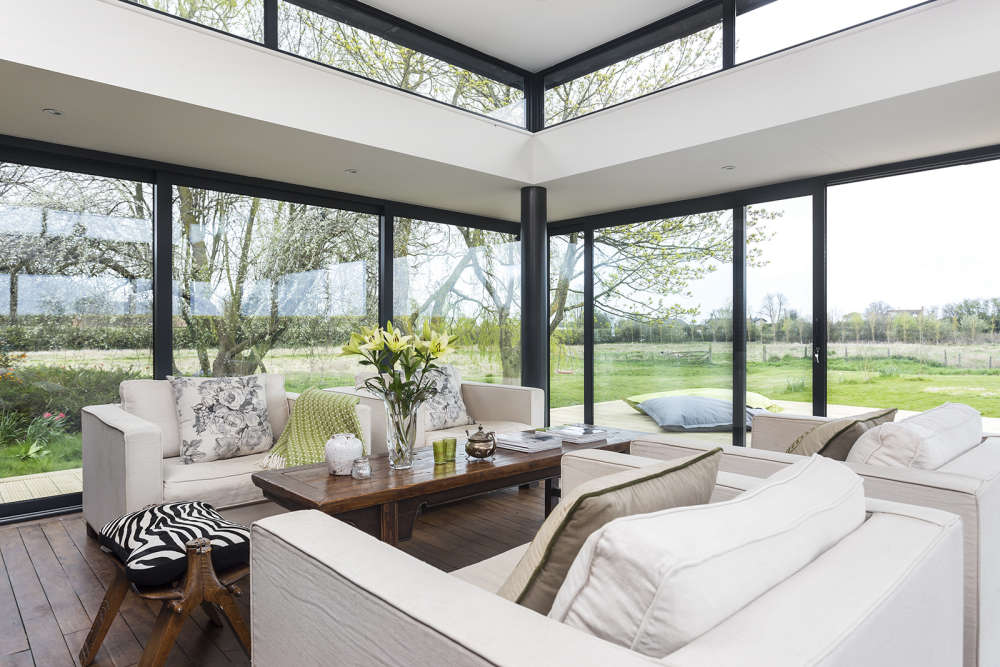 Home Style: Seeing the Light
Home Style: Seeing the Light
 Step out for St Catherine’s Hospice
Step out for St Catherine’s Hospice
 If You Ask Me... This is Beyoncé Country
If You Ask Me... This is Beyoncé Country
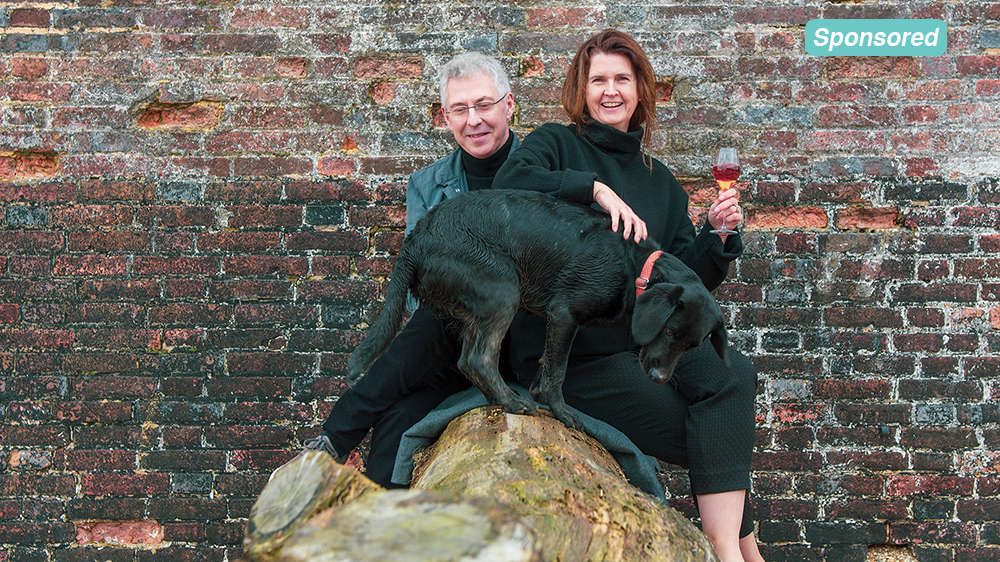 Artelium Wine – Crafted in Sussex
Artelium Wine – Crafted in Sussex
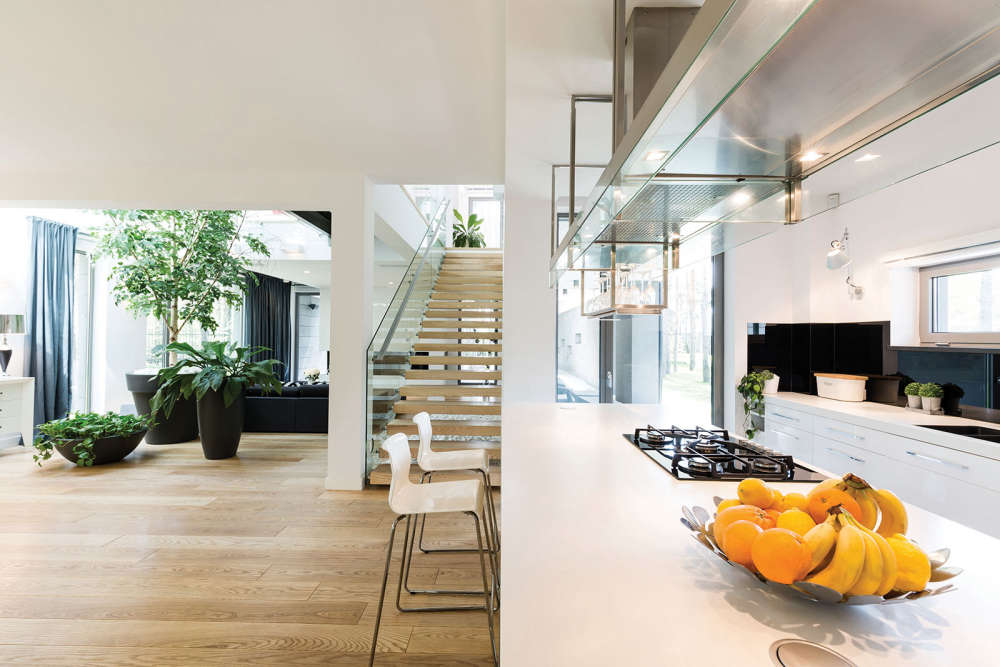 Homes Extra: Expanding Space
Homes Extra: Expanding Space
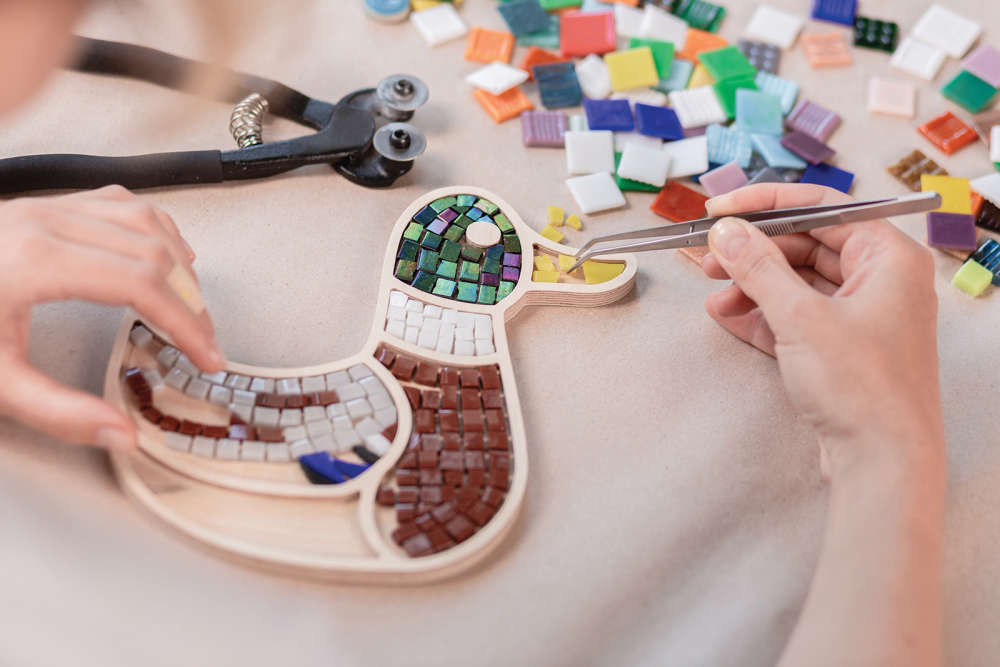 Kids Zone: Mosaic Art
Kids Zone: Mosaic Art
 Be Well, Move Happy: Gardening & Connecting with Nature
Be Well, Move Happy: Gardening & Connecting with Nature
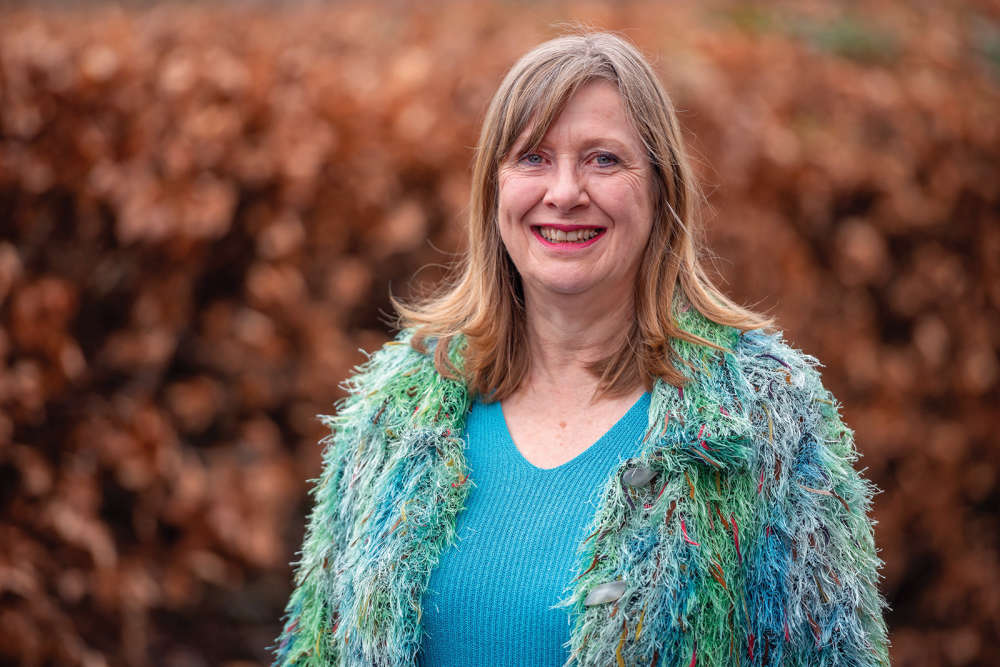 Homes for Ukraine: Opening Your Home and Your Heart
Homes for Ukraine: Opening Your Home and Your Heart
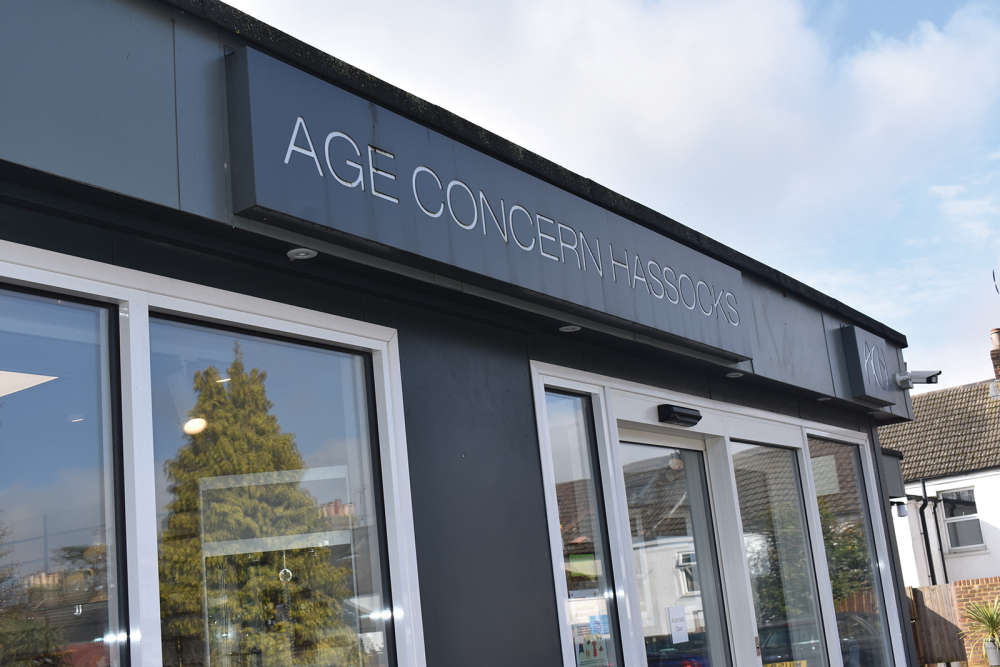 Charity: Age Concern Hassocks
Charity: Age Concern Hassocks
 Another New Clinic For Sussex Audiology
Another New Clinic For Sussex Audiology
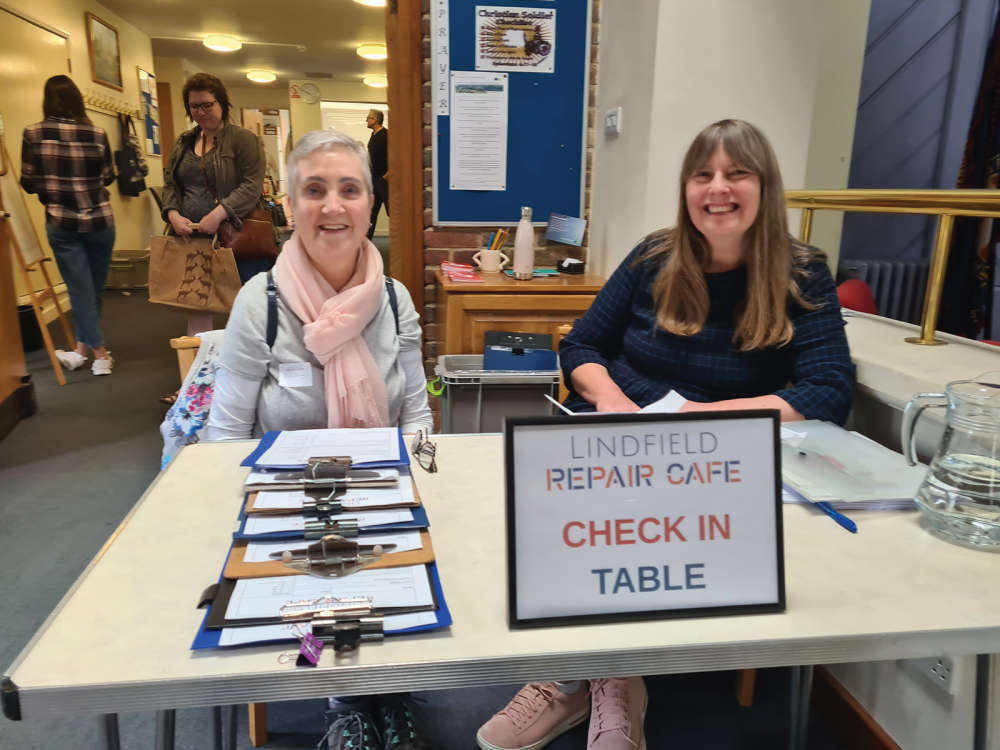 The Joy of the Repair Café
The Joy of the Repair Café
 Wills & Wakes
Wills & Wakes
 Lighten the Technology Overload
Lighten the Technology Overload
 An Unlikely Retirement
An Unlikely Retirement
 COMPETITION: Win A Two-Night Stay At The View Hotel With Afternoon Tea For Two
COMPETITION: Win A Two-Night Stay At The View Hotel With Afternoon Tea For Two
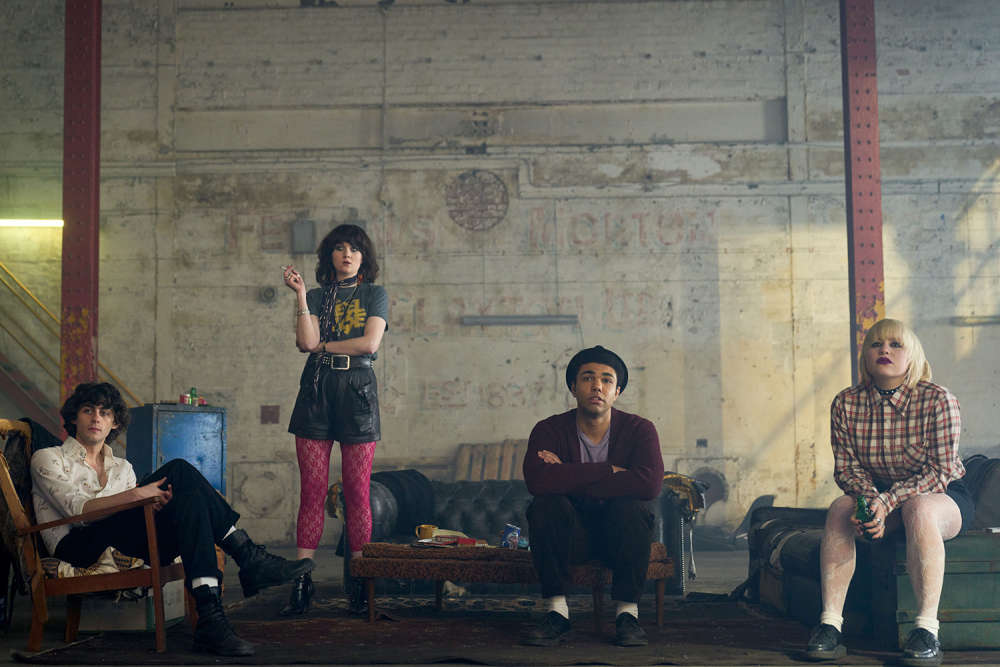 What to Watch in April 2024
What to Watch in April 2024
 Bucket List Travel Experiences
Bucket List Travel Experiences
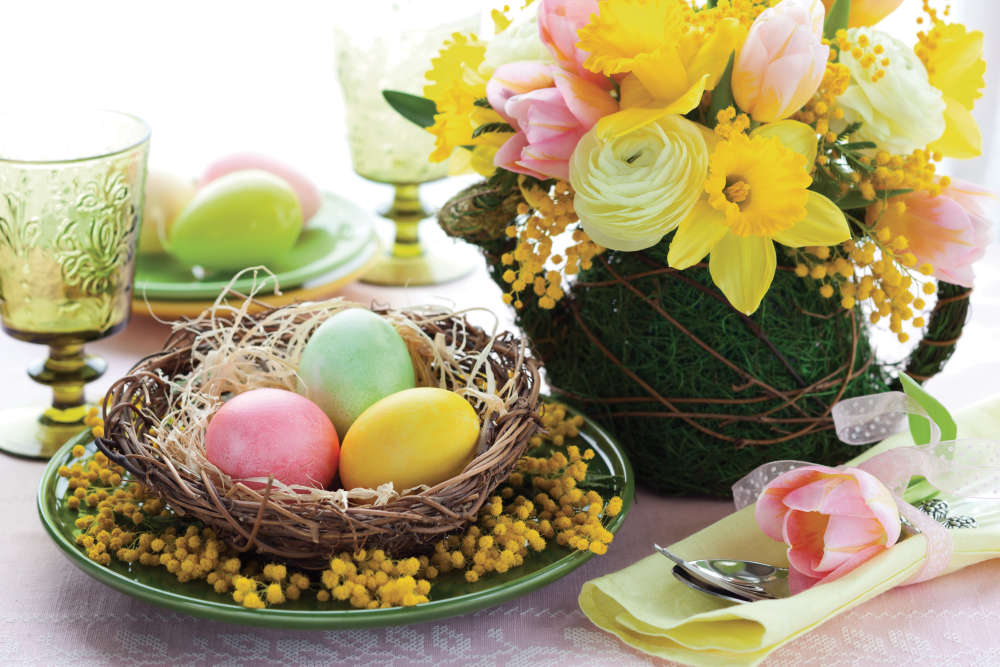 Homes Extra: An Easter Home
Homes Extra: An Easter Home
 NEW COMPETITION: Win A Luxury Hamper For National Pet Day
NEW COMPETITION: Win A Luxury Hamper For National Pet Day
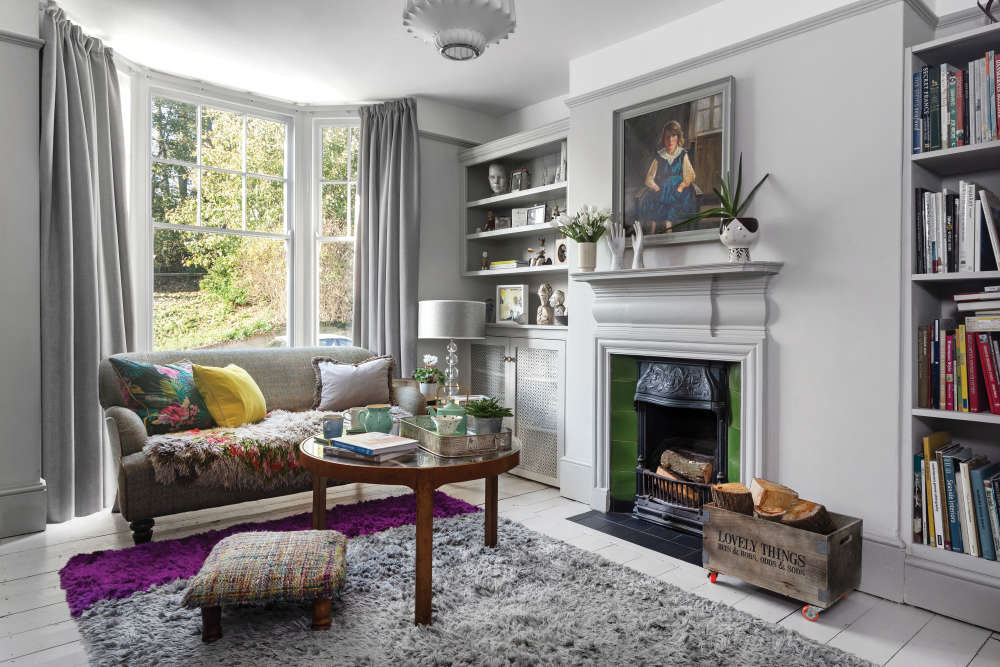 Home Style: Time to Heal
Home Style: Time to Heal